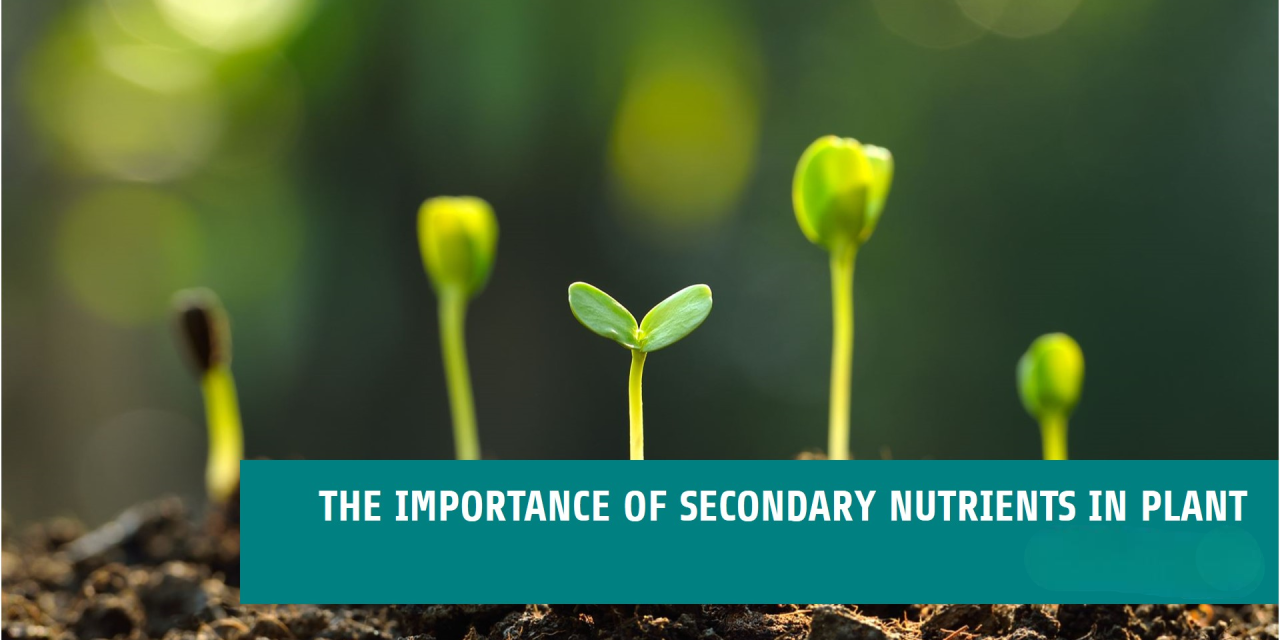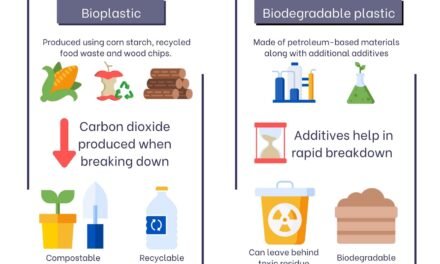Secondary nutrients, such as calcium (Ca), magnesium (Mg), and sulfur (S), play a vital role in enhancing crop yields by supporting plant growth, improving soil health, and enabling the efficient use of primary nutrients (nitrogen, phosphorus, and potassium). Although required in smaller quantities than primary nutrients, secondary nutrients are essential for optimal crop performance. Here’s how they contribute to enhancing crop yields:
1. Role of Secondary Nutrients in Plant Physiology
- Calcium (Ca):
- Cell Wall Strength:
- Calcium is a structural component of cell walls, providing strength and stability to plants.
- Root Development:
- Promotes root elongation and improves nutrient uptake.
- Disease Resistance:
- Strengthens plant tissues, reducing vulnerability to pathogens.
- Cell Wall Strength:
- Magnesium (Mg):
- Photosynthesis:
- Central to chlorophyll structure, magnesium is critical for capturing sunlight for energy production.
- Enzyme Activation:
- Facilitates enzymatic reactions required for protein synthesis and carbohydrate metabolism.
- Nutrient Transport:
- Helps in the transport of phosphorus and other nutrients within the plant.
- Photosynthesis:
- Sulfur (S):
- Protein Synthesis:
- A key component of amino acids (cysteine and methionine), which are building blocks of proteins.
- Vitamins and Oils:
- Supports the formation of vitamins and oils, particularly in oilseeds like canola and soybean.
- Improved Nitrogen Use Efficiency:
- Enhances nitrogen metabolism, improving nitrogen utilization by crops.
- Protein Synthesis:
2. Enhancing Crop Yield and Quality
- Improved Nutrient Absorption:
- Secondary nutrients help plants absorb and utilize primary nutrients more effectively.
- Higher Crop Yields:
- Calcium, magnesium, and sulfur ensure balanced nutrition, leading to better growth, flowering, and fruiting.
- Better Produce Quality:
- Sulfur enhances the taste, aroma, and nutritional quality of crops like onions and garlic.
- Magnesium and calcium improve the shelf life and texture of fruits and vegetables.
3. Soil Health and Fertility
- pH Regulation:
- Calcium helps neutralize soil acidity, creating a favorable environment for nutrient availability and microbial activity.
- Structure Improvement:
- Calcium improves soil aggregation, enhancing water infiltration and root penetration.
- Sulfur Cycling:
- Sulfur supports microbial activity that releases nutrients from organic matter, maintaining soil fertility.
4. Addressing Nutrient Deficiencies
- Widespread Deficiencies:
- Secondary nutrient deficiencies are common in intensively farmed soils, affecting crop productivity.
- Example:
- Sulfur deficiency is increasing due to reduced atmospheric deposition and lower organic matter content in soils.
- Visible Symptoms:
- Deficiencies manifest as stunted growth, chlorosis (yellowing of leaves), or poor fruit development, which can significantly reduce yields.
5. Interaction with Primary Nutrients
- Nitrogen Efficiency:
- Sulfur improves nitrogen uptake and assimilation, ensuring better growth and higher protein content in grains.
- Phosphorus Mobility:
- Calcium and magnesium aid in the solubility and transport of phosphorus within the plant.
- Potassium Uptake:
- Magnesium is essential for potassium absorption and transport in plants.
6. Application of Secondary Nutrients
- Fertilizer Integration:
- Secondary nutrients are commonly supplied through specific fertilizers, including:
- Gypsum (calcium sulfate) for calcium and sulfur.
- Dolomite (calcium magnesium carbonate) for calcium and magnesium.
- Ammonium sulfate for sulfur and nitrogen.
- Secondary nutrients are commonly supplied through specific fertilizers, including:
- Foliar Sprays:
- Liquid formulations provide a quick remedy for visible deficiencies during critical growth stages.
- Soil Conditioners:
- Lime and gypsum improve soil health while supplying secondary nutrients.
7. Role in Stress Tolerance
- Abiotic Stress:
- Calcium strengthens cell walls, helping plants withstand drought and heat stress.
- Pest and Disease Resistance:
- Sulfur-based compounds act as natural fungicides, reducing disease incidence.
- Toxicity Mitigation:
- Calcium and magnesium counteract soil toxicity caused by heavy metals or high sodium levels.
8. Specific Crop Benefits
- Cereals:
- Sulfur improves protein content and yield in wheat and rice.
- Oilseeds:
- Magnesium and sulfur enhance oil content and quality in crops like canola and sunflower.
- Fruits and Vegetables:
- Calcium prevents disorders like blossom-end rot in tomatoes and bitter pit in apples.
- Legumes:
- Sulfur boosts nitrogen fixation, increasing productivity in soybean and lentils.
9. Addressing Sustainability Goals
- Reducing Overuse of Primary Nutrients:
- Balanced fertilization with secondary nutrients reduces reliance on excessive nitrogen and phosphorus applications.
- Promoting Soil Regeneration:
- Secondary nutrients contribute to regenerative agriculture practices by enhancing soil structure and microbial diversity.
- Minimizing Environmental Impact:
- Improved nutrient use efficiency reduces nutrient runoff and greenhouse gas emissions.
10. Challenges and Solutions
- Lack of Awareness:
- Farmers often prioritize primary nutrients, overlooking the importance of secondary nutrients.
- Solution: Education and extension services promote balanced nutrient management.
- Cost and Availability:
- Secondary nutrient fertilizers may be less accessible in some regions.
- Solution: Government subsidies and local production of secondary nutrient inputs.
Conclusion
Secondary nutrients are indispensable for enhancing crop yields, improving quality, and maintaining soil health. By supporting plant physiology, addressing nutrient deficiencies, and improving the efficiency of primary nutrients, they play a crucial role in sustainable agriculture. Integrating secondary nutrients into fertilizer programs ensures balanced nutrition, helping to meet global food security challenges while promoting environmental sustainability.
Hashtags
#SecondaryNutrients #CropNutrition #EnhancedCropYields #NutrientManagement #SmartFertilization #BalancedFertilization #SoilHealthMatters #HealthySoilsHealthyCrops #CropEfficiency #AgricultureSolutions #CalciumForCrops #MagnesiumMatters #SulfurInSoil #EssentialNutrients #SoilAndPlantHealth #SustainableFarming #EcoFriendlyFertilizers #ClimateSmartAgriculture #GreenFarmingPractices #SustainableAgriculture #SmartAgriSolutions #AgriTechForYields #PrecisionFarming #FertilizerInnovation #ModernFarmingPractices










